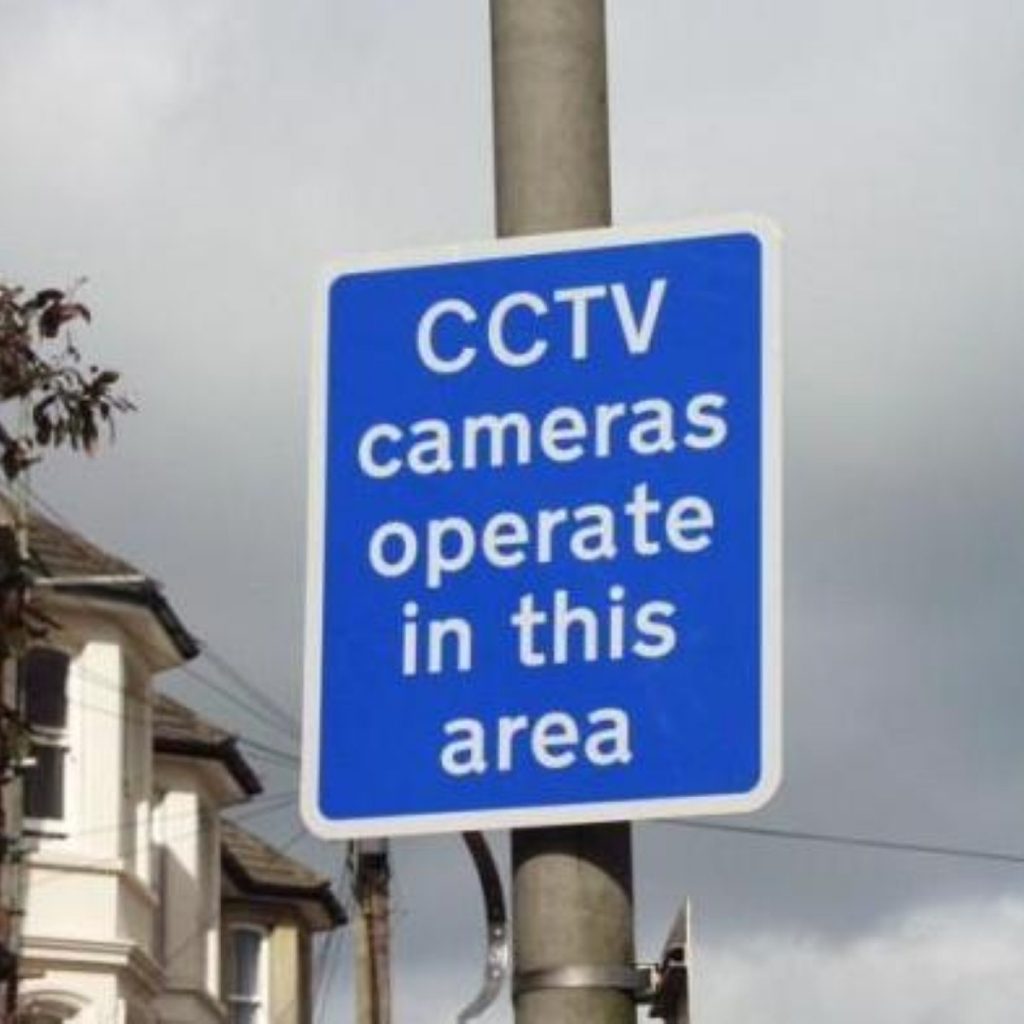Councils urged to review surveillance techniques
Councils have been asked to look at the way they use surveillance techniques to investigate suspected crime.
The head of the Local Government Association (LGA) claimed councils risked alienating the public if they continued to use the powers to investigate “trivial” offences like littering and dog fouling.
Under new laws brought in by the Regulation of Investigatory Powers (RIP) Act to help with the fight against terrorism, councils are allowed to access phone and email records and use surveillance cameras to detect and track suspected criminals.
Sir Simon Milton has since written to all the local councils in the country urging them to review their use of the powers.


“Parliament clearly intended that councils should use the new powers, and generally they are being used to respond to residents’ complaints about fly tippers, rogue traders and those defrauding the council tax or housing benefit system,” he said.
“Time and again, these are just the type of crimes that residents tell us that they want to see tackled.”
He claimed though that the investigation of offences such as dog fouling and littering through RIP Act powers were not “necessary and proportionate”.
“Whilst it is a matter for each council to determine for its area, our advice is that, save in the most unusual and extreme of circumstances, it is inappropriate to use these powers for trivial matters,” he added.
Recently a family in Dorset were investigated by their local council to discover whether they really did live in a school catchment area.
Matthew Elliott, chief executive of the TaxPayers’ Alliance, said: “Some councils have been guilty of abusing these powers, which were meant to combat terrorism, to throw their weight around on petty issues.
“It’s shocking that people can be spied on, followed or phonetapped because they dropped a sweet wrapper or left their bin lid open.”












